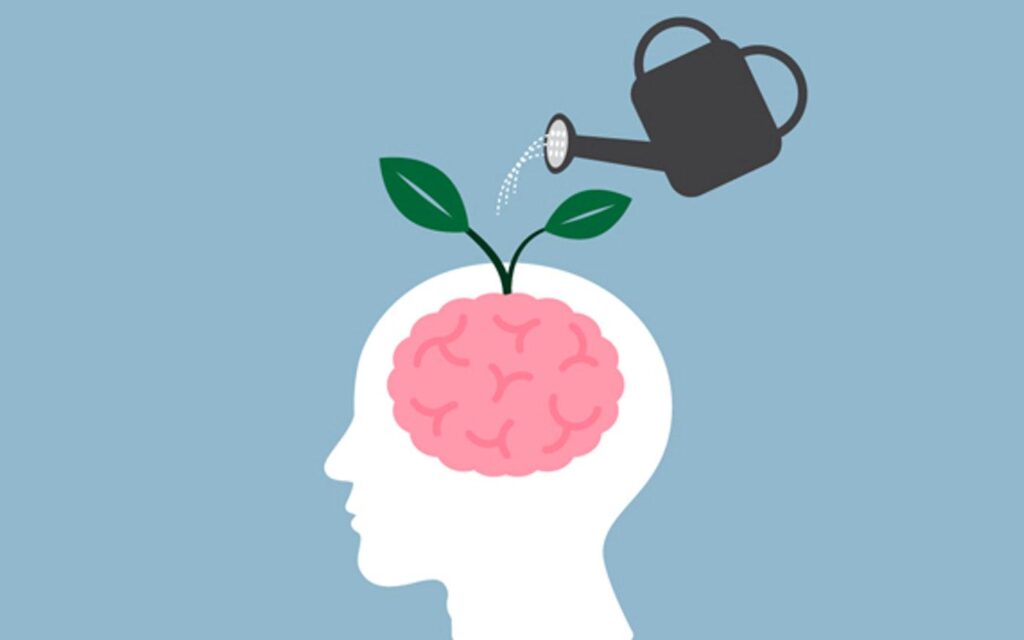
By Edson Baraukwa | Africa Guardian
Dar es Salaam, Tanzania – As a human being, you have an inherent responsibility to accept and embrace your nature in all its forms and possible manners of acting. Don’t construct imaginary walls around yourself that become increasingly hard to break as time passes, or worse, invite others to join you in the pit you’ve created.
Diving deeper into the innermost layers of a certain spectrum of self-gathering and encrypted (controversial) set of information can be exciting for hyper-intellectual people, but be careful not to go too deep. The more you penetrate into these layers, the more alienated you become.
It’s best to put your own mark somewhere where you can consciously put yourself in a position to poke yourself and say, “Hey buddy, now you have to go back,” because no entity other than your soul is capable of doing that. This may be the most effective way to handle crippling anxiety and kick it to the curb for good.
Dr. Jordan Peterson, a Canadian clinical psychologist with a PhD, said in one of his online lectures that it’s better to think than not to think. He went further to explain that thinking makes you act effectively in the abstract world, and it’s undoubtedly true that thinking helps you win battles you undertake in your daily life. However, how can someone act or react when their mind stays still for a certain long period of time for the first time?
When someone encounters such an urgent situation, will they be able to act normally and carry on with life? Unless it’s the most bizarre thing to ever happen to them and it causes a panic attack, realisation is what we should be more concerned about.
In Eckhart Tolle’s book ‘Stillness Speaks,’ the Canadian spiritual teacher talks about what happens when your mind becomes still. One important and very crucial thing I learned is that children should learn and be taught mindful thinking, what it is, its profound mechanism normalities, and how to guide them from both teachers at school and parents or caregivers at home. This should be considered a mandate and taught in our schools, especially in the early stages, such as kindergarten and primary schools.
By doing so, we can surely build a strong nation where the majority or a high percentage of hyper-intellectual individuals, including youths, are protected and not easily prone to severe mental health issues affecting the world, such as bipolar disorder, ADHD, and schizophrenia.
The government of the United Republic of Tanzania has imposed an official ban on kindergarten and lower primary boarding schools. This means lots of children will get rare opportunities to be around their parents a lot more, increasing great care upon young people and hence increasing emotional safety around them. Government statistics broadcasted recently via the national broadcasting news television Tbc1 show that the number of hospitalised mental health patients at Muhimbili National Hospital facility increases rapidly.
Mindful thinking will enable people, especially youths, to be aware that being hyper-intellectual is not a flaw, and it doesn’t mean that you’re more special than the rest of the world. They should not alienate themselves from the community and start being arrogant off something that the Roman Catholic Church has warned us about for centuries: the arrogance of intellect. Instead, it will make them confident enough to act effectively in the abstract world and hold conversations with people of all kinds of intellect.
Learning the mastery of how a human being can operate when the mind is still can save these kids from being prone to toxic habits like drug and alcohol abuse. They are not getting important information growing up, and they can’t find anyone to ask or share these matters with. Instead, they run to drugs and alcohol by not being aware of the consequences they will face in the long run.

